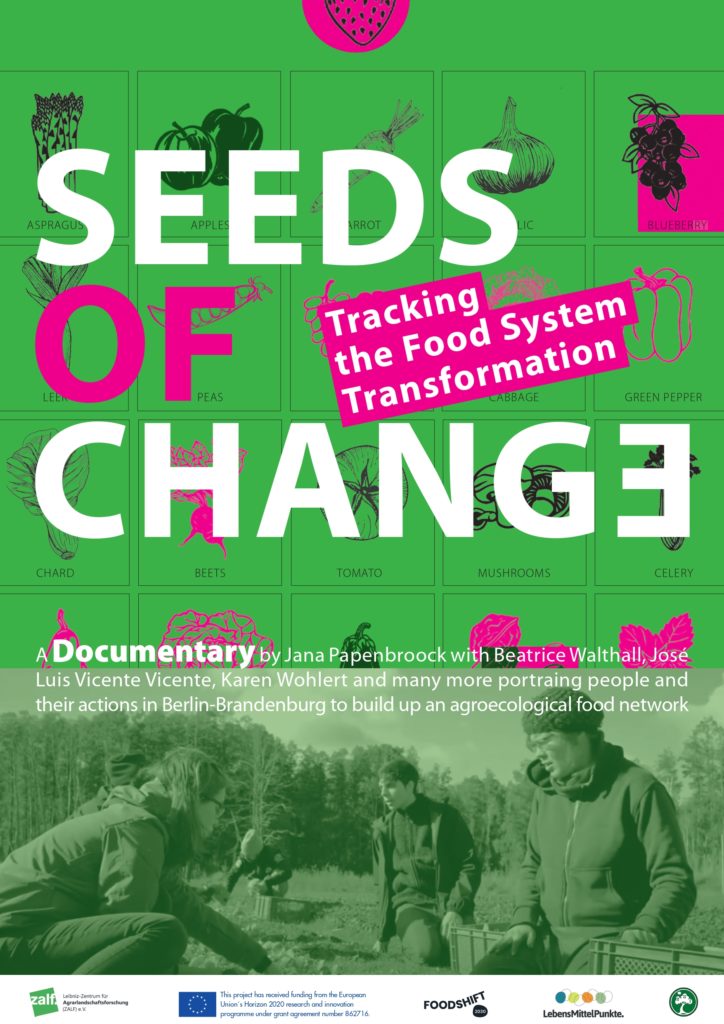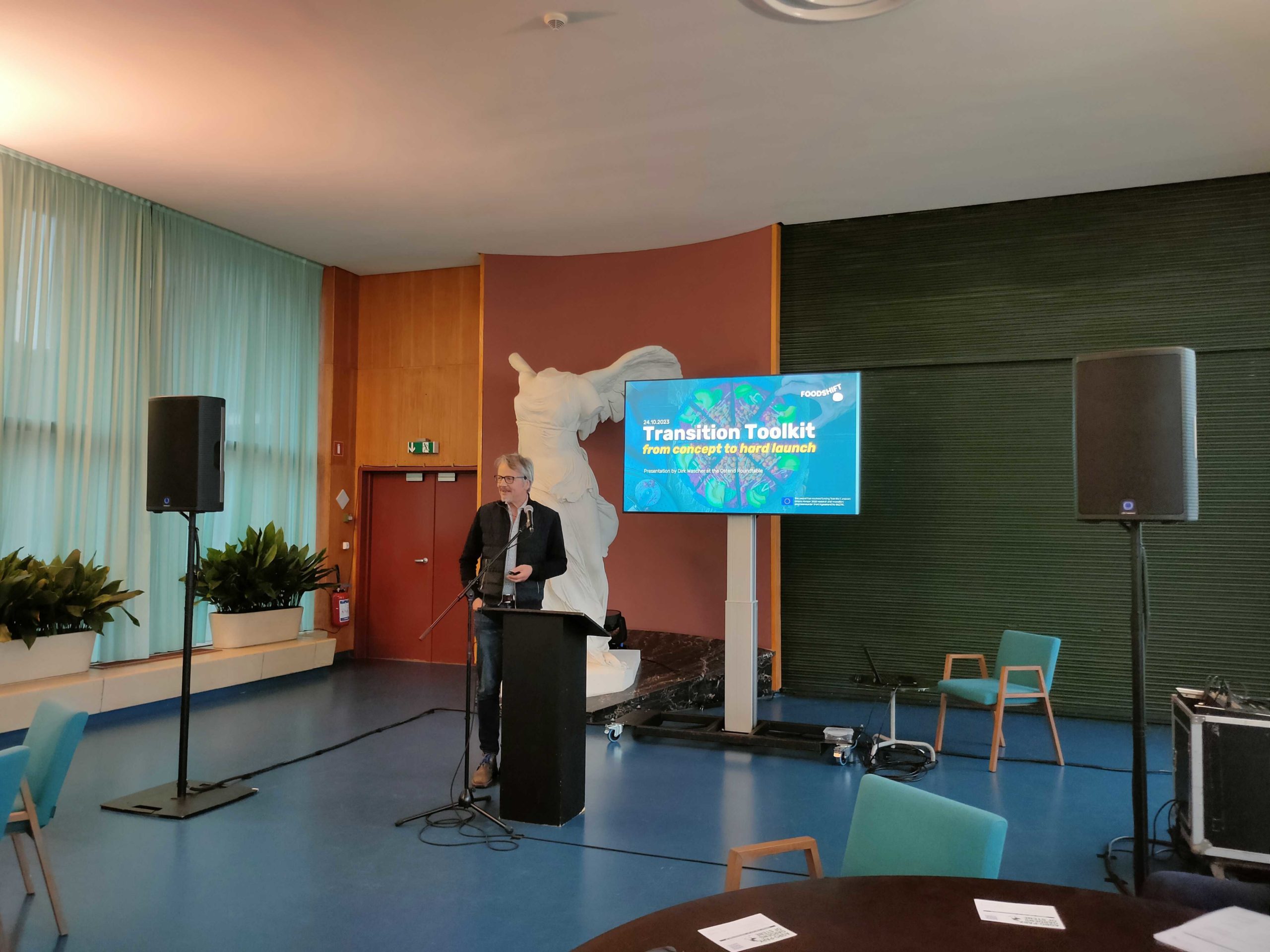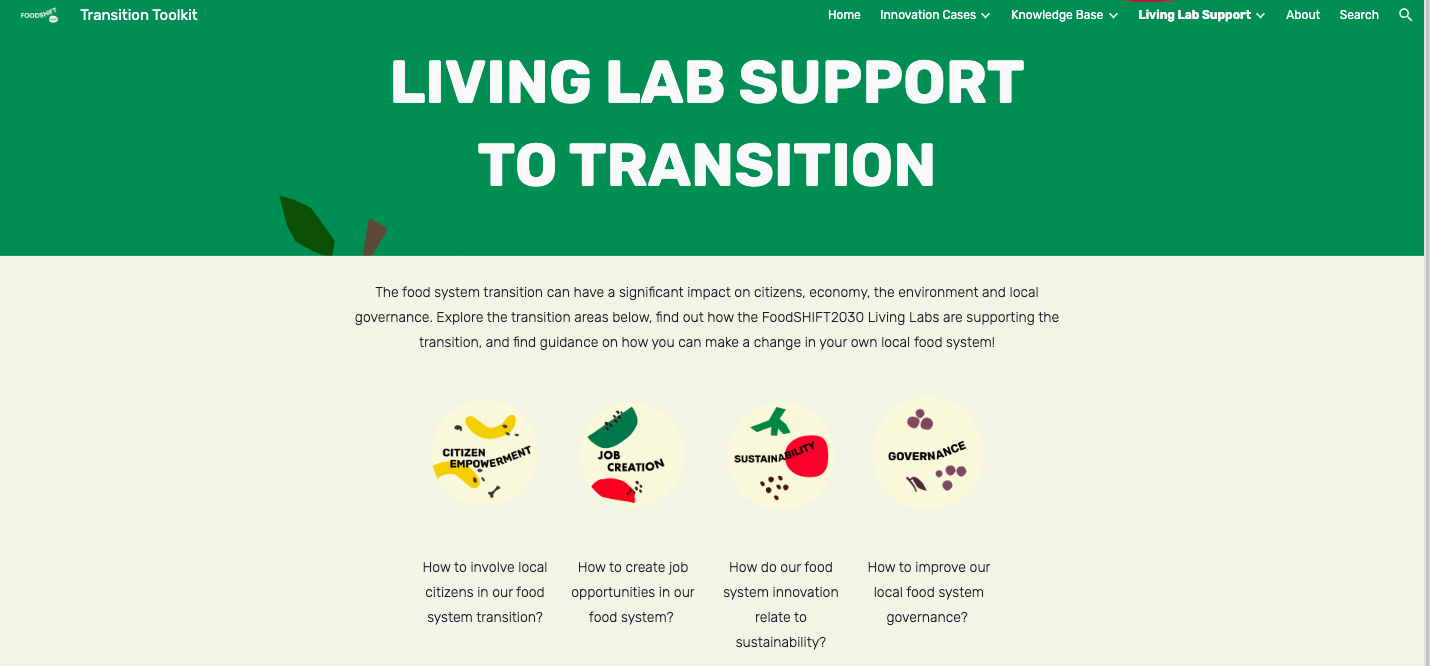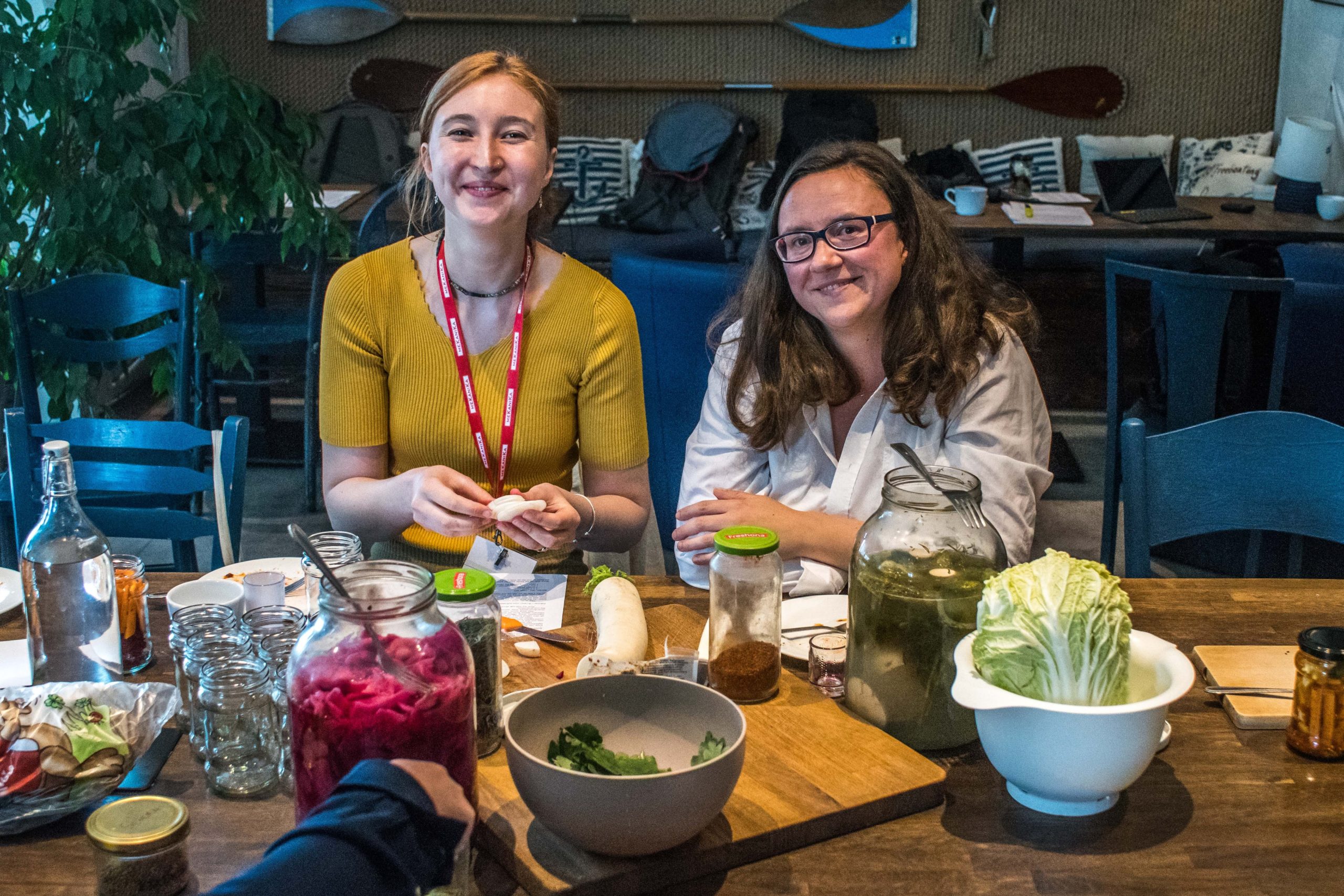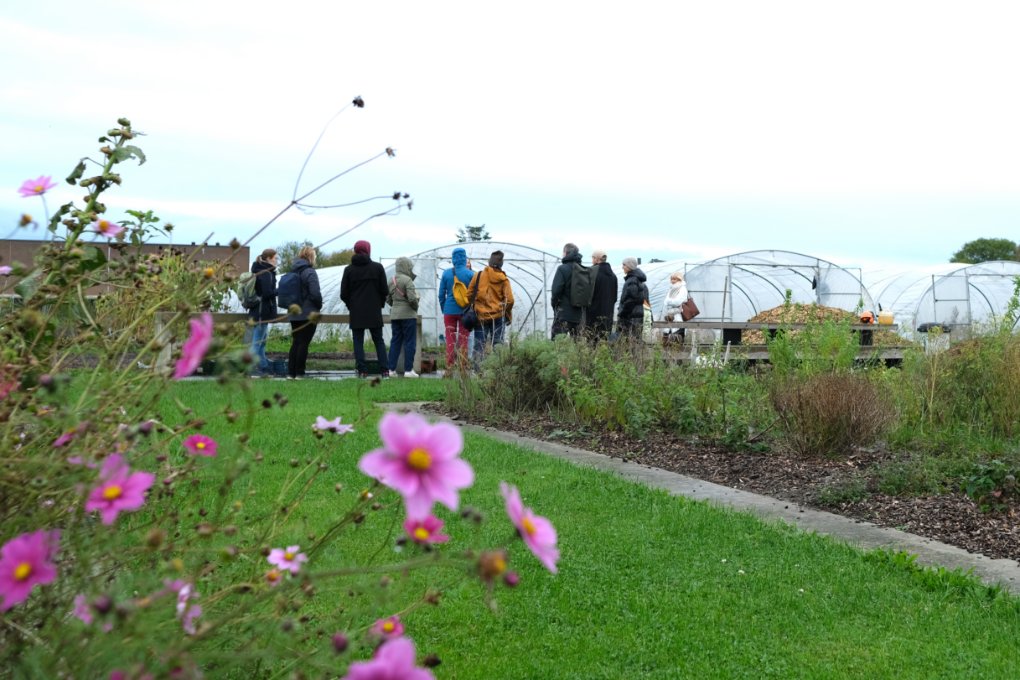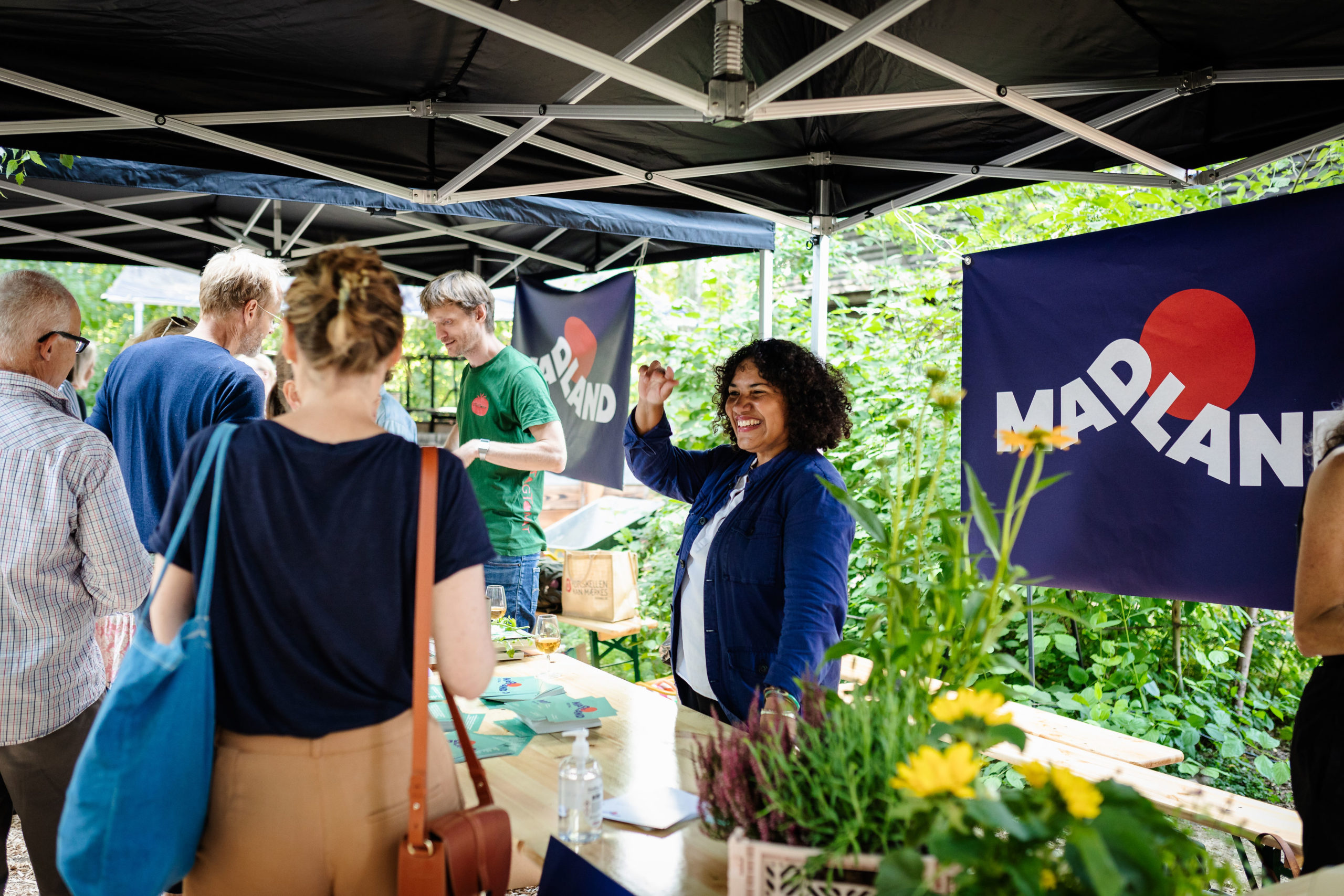Seeds of Change – Documentary
22 March 2023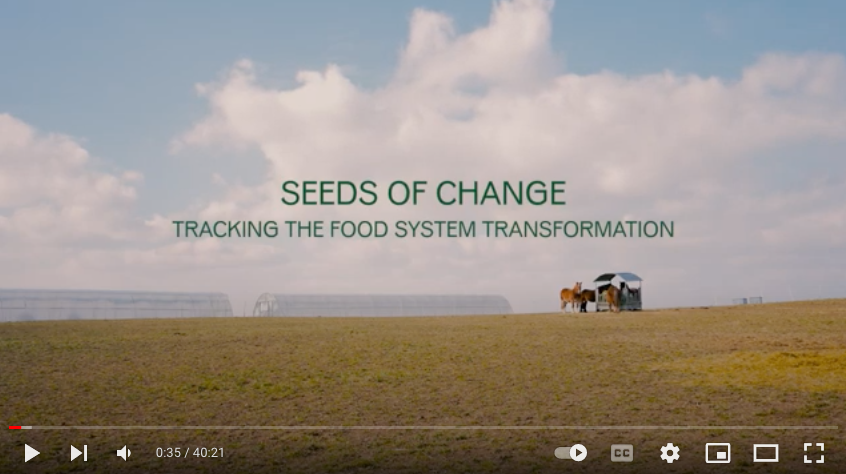
Seeds of Change: Tracking the Food System Transformation
By FoodSHIFT 2030 and the Berlin Lab
FoodSHIFT 2030 documentary Seeds of Change
The way we produce and access food is already changing, but it requires a team effort from farmers, institutions, authorities, scientists, and others to make it happen. What can we do to increase the visibility of this transformation to a wider audience? And how can we inspire others to get involved in creating a food system that’s more equitable and resilient? To explore these questions and share their findings, a group of young people created the short documentary Seeds of Change: Tracking the Food System Transformation.
Key words: movie, science-society communication, agroecology, alternative food network, food hub
While standing on a field in Brandenburg, a farmer and scientists are talking to each other about the role of farmers and the future of agriculture. Jan Sommer from Waldpferdehof in Dahmdorf explains that farming used to be primarily an economic issue, with farmers needing to produce a certain yield to cover expenses such as land payments and labor. However, now the challenge is not about rent but rather giving the soil enough time to regenerate while also ensuring there is enough land for people’s livelihoods. This situation is quite difficult and concerning, but many individuals have recognized the need for change, rolled up their sleeves and are taking action towards a food system that values forests, soil, seeds, people, animals, and nature beyond just their market value as commodities.
Seeds of Change is a short documentary that portraits the efforts of people in Berlin and Brandenburg, Germany, who are building an alternative food network to bring about a food system transformation. The film follows scientists studying the emergence of this network and demonstrates how relationships are discovered, experimented with, and nurtured by a diverse group of individuals. Although the network is not immediately visible, it is well-connected, self-organized, and has multiple pathways, all leading back to one central hub – the Baumhaus in Berlin. The Baumhaus acts as a food hub that brings together farmers, consumers, activists, and scientists in an effort to reconnect and strengthen the regional food system.
The relationships in the agroecologiocal network are reciprocal and cyclical: the Baumhaus, for instance, sources food from farmers in Brandenburg who cultivate their soils using agro-ecological practices. At the same time, it serves as a host for self-organized CSA depots, food-sharing points, and collective cooking events. Through such events, people develop a deeper connection to the food and farms, as well as to each other, sharing experiences and knowledge related to food and beyond. By embracing dynamic, uncertain, and diverse approaches, the network creates more opportunities to discover unexpected pathways.
Urgent action is necessary to address the planetary emergency, and this requires a transformation of the globalized corporate food system. The alternative food network centered around the food hub serves as a catalyst for this transformation, creating tangible and measurable changes:
- After one year, more than 10 tons of products from 70 different species and varieties were distributed from the CSA farms to the food hub.
- New relationships based on care, not control, between people and nature have been built and experienced in an agroecological food network for accelerating the transformation (Vicente Vicente et al. 2023).
- The food hub has the capacity to become a centrepiece for food strategies. They are lively exchange locations for food, learning, and creating vivid neighbourhoods.
- Multiplying the food hub in Berlin increases the resilience of the metropolitan food environment: With a network of 230 food hubs, livable urban neighbourhoods could be implemented in the entire city of Berlin (Klebl et al, 2022).
The question for the present and future is: how to scale such initiatives before it is too late?
References
Vicente-Vicente, JL., Borderieux, J., Martens, K., González-Rosado, M., and Walthall, B. (2023) Scaling agroecology for food system transformation in metropolitan areas: Agroecological characterization and role of knowledge in community-supported agriculture farms connected to a food hub in Berlin, Germany, Agroecology and Sustainable Food Systems, doi: 10.1080/21683565.2023.2187003
Klebl, F., Walthall, B., and Vicente-Vicente, JL. (2022) Planning for sustainable food communities: An optimal spatial allocation study of food hubs considering the 15-min city concept—The case of LebensMittelPunkte in Berlin. Front. Sustain. Food Syst. 6:913412. doi: 10.3389/fsufs.2022.913412
